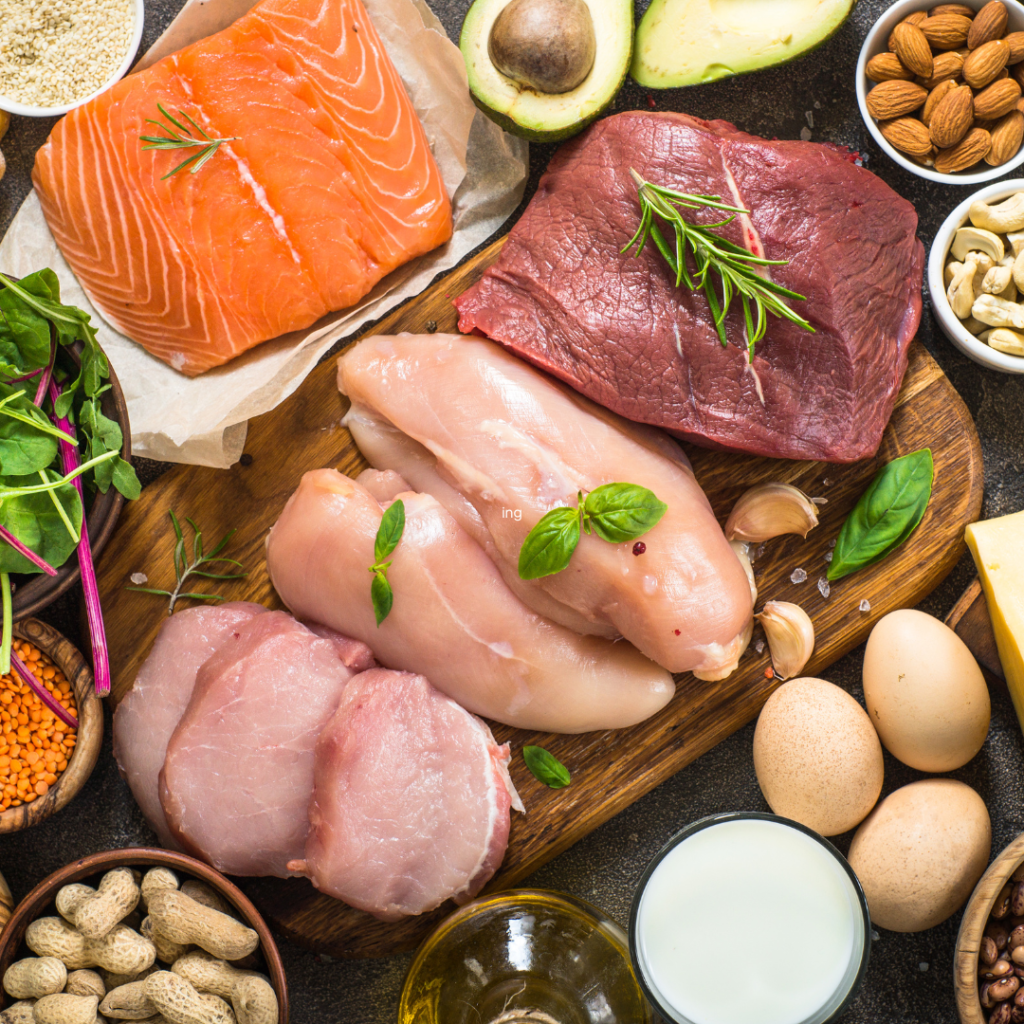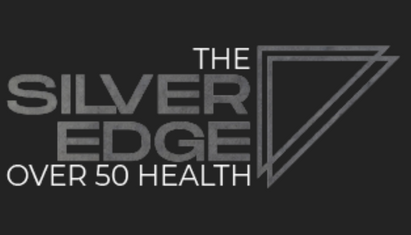
As we pass the half-century mark, our bodies begin to evolve in ways that can sometimes feel more challenging than the years before. Metabolism slows, muscle mass begins to decline, and the zeal for a youthful, vibrant body becomes a little more elusive. But fear not! With the right nutrition and fitness strategies, we can absolutely defy the odds and continue to foster a lean, strong, and healthy body well into our golden years.
Among the nutrients crucial to this mission, protein holds a starring role. Understanding the importance of protein and implementing strategies to meet optimal daily protein targets are game-changers in the journey to build and maintain muscle, lose fat, and achieve your fitness goals post-50.
The Magic of Protein
Protein is the building block of our bodies, critical in building and maintaining every cell, from hair to skin to muscle. It helps repair tissues, make enzymes and hormones, and support a healthy immune system.
As we age, our bodies gradually lose muscle mass, a process known as sarcopenia. This is where protein steps in to save the day. Regularly consuming adequate protein can help curb this loss and contribute to improved muscle mass, strength, and function.
For those over 50 seeking a lean, healthy body, it is recommended to consume between 0.7 to 1 gram of protein per pound of your ideal body weight each day. For example, if your ideal body weight is 150 pounds, that means you need 105-150 grams of protein daily.
Tips to Reach Your Daily Protein Target
Here are five top tips to help you meet your protein needs:
1. Start Your Day Strong: Include a protein source in your breakfast. This could be eggs, Greek yogurt, protein smoothies, or even leftovers from the night before. Consuming protein in the morning can help curb hunger and maintain steady blood sugar levels throughout the day.
2. Prioritize Lean Protein Sources: Lean meats like chicken, turkey, fish, and lean cuts of beef are great options. For those who follow a vegetarian or vegan lifestyle, consider plant-based proteins like legumes, tofu, tempeh, and seitan.
3. Snack Smart: Protein-rich snacks like a handful of nuts, Greek yogurt, or cottage cheese can keep you satiated between meals and contribute to your daily protein intake.
4. Don’t Forget About Protein Powder: Protein powders can be a convenient way to boost your protein intake, especially post-workout. Choose a high-quality protein powder – whey, casein, or plant-based, depending on your dietary preferences. Add it to smoothies, oatmeal, or even your morning coffee.
5. Consider Protein at Every Meal: Aim to include a source of protein at each meal. This helps distribute protein intake evenly throughout the day, maximizing muscle protein synthesis.
Remember, while protein is important, it’s equally crucial to balance it with nutrient-dense carbohydrates and healthy fats, in addition to regular exercise and adequate hydration.
Embracing the power of protein as part of your diet can make a significant difference in your quest for a lean, strong, and healthy body as you age. Stay persistent, and your efforts will pay off, showing that age is indeed just a number when it comes to fitness and health. With every bite of protein, you are choosing a stronger, more vital future for yourself.
